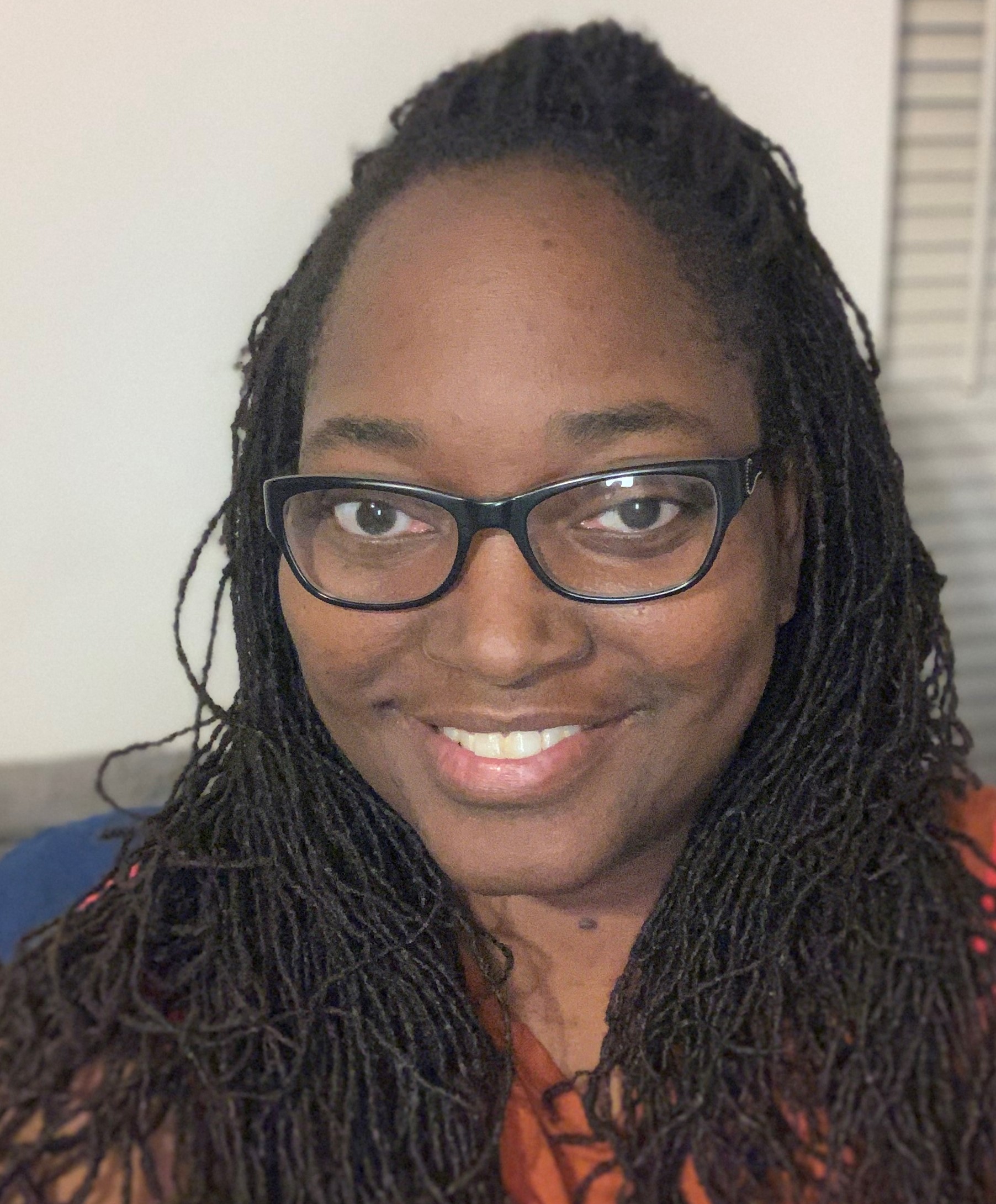Even though I've lived through 10 presidents before my first day as an intern, I never once looked at a presidential budget request. As a Policy Intern with the American Foundation for the Blind, I am new to policy, but I have been teaching in American classrooms for 25 years as a special education teacher. I am also currently enrolled full-time in a special education and disability policy doctoral program through a fully funded Office of Special Education Programs (OSEP) Grant. So even though I've never interacted with the federal budget, the budget has interacted many times with me.
In the opening pages of the president’s proposed budget, President Biden writes to Congress, “Where we choose to invest speaks to what we value as a Nation.” Education, diversity, and inclusion appear to be held in high regard by this administration. The fact is that not only is the proposed budget adding funding for universal preschool for 3- and 4-year-olds, but the president wants to allow people to have a chance to earn two free years at community college. Expanding free public education to include preschool is fantastic. Allowing every child to benefit from a preschool experience will help mitigate the achievement gap based on race and poverty. In addition, for young children with a visual impairment, the investment in universal preschool may allow these little ones to benefit from early education.
The proposed budget increases the funding for preschoolers who would receive special education services by a little over $200,000,000. As a former teacher of the visually impaired, I remember working with a kindergartener with a congenital eye condition. She had not been exposed to braille before she entered kindergarten. We had to play catch-up with a lot of her skills, including braille and O&M (orientation and mobility skills, such as using a white cane). Research has shown the benefits of early education for long-term academic gains. My student, and many others, would have benefited from early exposure to braille, cane skills, and socialization. Also, not allowing financial difficulties to hinder students from higher education will help close the poverty gap. Education has been shown in research to improve employment status and enable people to earn a higher wage, including those with disabilities.
On a personal note, pouring $250,000,000 into personnel preparation programs that would allow the country to educate and train the next generation of teachers is something I value. This extra funding is a considerable increase from the $90,200,000 that the Appropriations committee supplied for the current 2021 fiscal year. The administration’s push to diversify the pool of future teachers, especially in special education classrooms, will benefit our nation’s children for decades. As I mentioned earlier, the only way I can pursue my doctorate is an OSEP grant funding my graduate education. The increase in Pell Grant funding is also a significant step toward making higher education more accessible for underserved students.
It is also exciting to see an increase in the request for funding the Helen Keller National Center for Deaf-Blind Youths and Adults and the American Printing House for the Blind. The HKNC is a fantastic resource and agency aiming to empower and support those in the deafblind community, and APH provides many of the resources that students who are blind use in the classroom.
One of AFB’s primary focuses is reducing barriers to employment for those who are blind or have low vision, and the budget request calls for $3.5 billion in vocational rehabilitation funds for states. It asks for additional funding to demonstration and training programs that help to fund quality initiatives to improve vocational rehabilitation. According to the Presidential Budget Appendix, this money is to supply “competitive grants and contracts" to improve programs and services under the Rehabilitation Act that would help persons with disabilities obtain supported and competitive employment through activities like demonstration projects and technical assistance (p. 345). The funding provides services like transportation, interpreter services, technology, and training for their clients.
The president's budget is a significant step to help improve education, diversity, and inclusion. However, not all programs that we value received increased appropriations requests. For example, it would have been good to see an increase in independent living services for older blind individuals funding, which has not seen an increase in over a decade. As we all attempt to find our way back to normal from the pandemic, there may be more older people who feel comfortable seeking services to continue their independence.
I look forward to following the appropriations process as this budget gets approved.
